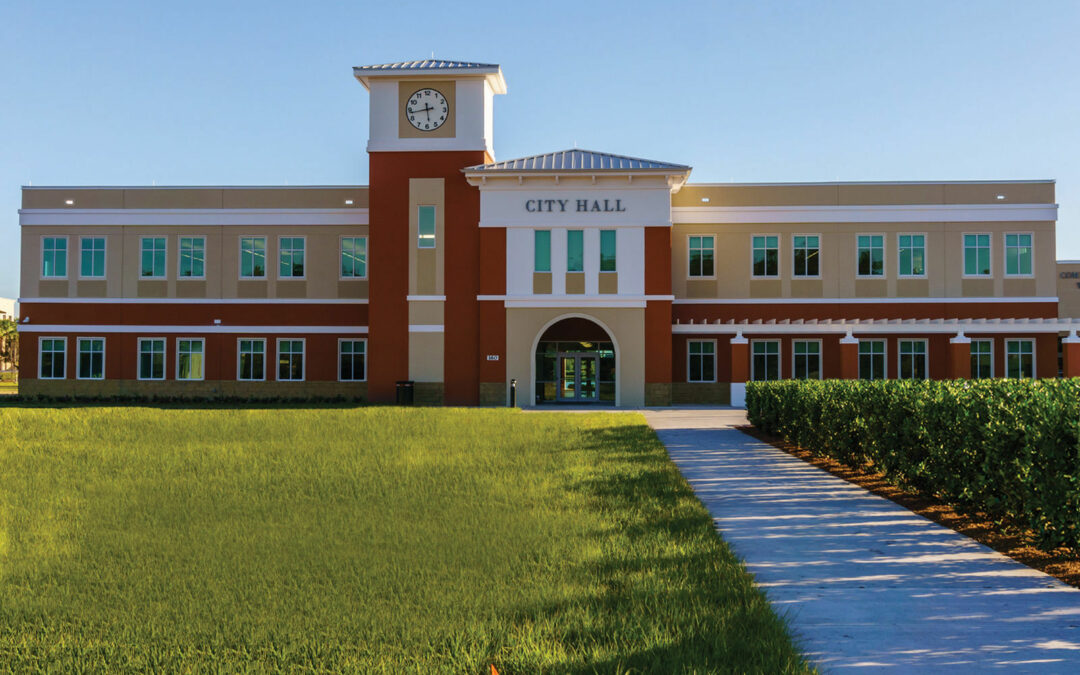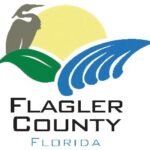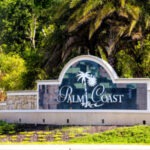Palm Coast City Council held a workshop at the John Nets community wing of the Palm Coast community center, where discussions centered on concerns about short-term rentals, traffic enforcement, and a comprehensive review and proposed update of city impact fees related to transportation, fire, parks, and recreation. The workshop involved public participation, technical presentations, and council discussions exploring the challenges in growth management, budget constraints, and state law limitations.
Residents expressed serious concerns over the negative impacts of unregulated short-term rentals, especially noise disturbances affecting their quality of life. Additionally, traffic safety issues are raised, including the pervasive problem of speeding and insufficient law enforcement presence on city streets. The city council acknowledged these concerns, underscoring efforts to enforce existing short-term rental regulations via a permitting system and collaboration with law enforcement agencies.
The bulk of the workshop centered on a comprehensive presentation by expert consultants regarding the City’s impact fees—charges billed to new developments to fund infrastructure expansion for the city’s continued growth. The city last updated these fees in 2018, and with rapid population growth and inflation in construction costs, a significant increase—up to 137% for transportation-related fees—is proposed. The consultants explain the complex methodology behind these fees, addressing technical factors such as vehicle miles of travel, trip generation rates, and long-range transportation planning through 2050. Council members grappled with the legal and practical implications of raising impact fees in the face of state statutes which cap fee increases at 50% unless extraordinary circumstances are declared. The Council discussed recent legislative changes requiring unanimous council votes, extended phasing-in periods, and constraints on annual automatic fee escalations tied to inflation. The council debated whether Palm Coast’s rapid growth and skyrocketing construction costs justify a definition of extraordinary circumstances, which would permit larger and immediate fee increases.
Key concerns revolved around maintaining affordable housing for essential workers (firefighters, teachers, etc) who may be priced out by soaring housing costs driven in part by higher impact fees. Builders warned that excessive fee hikes could discourage development, pushing housing affordability issues further and disrupting local economies. The council considered the balance between necessary infrastructure funding and preserving an environment for sustainable growth.
Separate presentations addressed fire impact fees, emphasizing the city’s commitment to maintaining rapid emergency response (85% of calls responded to within 7 minutes), the modernization of fire stations, and acquiring costly equipment. These fees also require updating given inflation and growth, with an almost 98% proposed increase. The fire department’s service rating and ongoing investments show the importance of fee adjustments to sustain this quality, according to City Staff. Discussions again touched on the legalities and timing of fee adoptions, funding sources, and the risk existing residents face if fees remain low.
Consensus acknowledged that impact fees across transportation, fire, parks, and recreation must be increased due to extraordinary circumstances of rapid population growth and construction cost inflation. However, the council also emphasized strategic considerations to ensure fees remain defensible, reasonable, and sensitive to residential affordability and development growth. The workshop meeting then took a break before continuing to discuss the remaining agenda items.
The council reconvened after their short break to hear a presentation on the City Parks and Recreation (P&R) Impact Fee Study, followed by discussions on economic development updates and related city priorities for Palm Coast. The discussion focused on the detailed analysis of current and future parks and recreation projects, fiscal forecasts, impact fee calculations, and the balancing of growth, community needs, and funding sources. The council and staff discussed the capital improvement plan for parks, including land acquisition for new facilities, expansions of existing amenities, and future planning for sports complexes. Challenges around rising project costs, grant funding, and community priorities were discussed with concerns over affordability and the impact on housing costs.
Economic development was another key topic, with presentations emphasizing the critical need for site and building availability, workforce development, and economic efforts to attract businesses. Staff explained current incentives available to companies, stressed the demand for speed-to-market facility readiness, and presented strategies for future economic growth, including funding adjustments for incentives.
Various scenarios for impact fees were reviewed and discussed to strike the right balance of funding current needs while preparing for future expansion, with the council leaning towards incremental adoption with ongoing adaptations.










We don’t need anymore parks and rec centers. Due to the incompetences of Carl and Jayson and pasts council and mayors that we are In this mess. New houses get sand to drink and flush in. Over paid nonproductive city employees. Deliberate lies about what is really going on. 625 employees friends and cousins to get a city job then sit there. NO HELP OR CONTROL BY FULLER the HR person, not qualified for the position and City manager hears , sees and knows what is go on and does nothing. Payroll with benefits. 65 million . / year tax money down the sandy toilet.